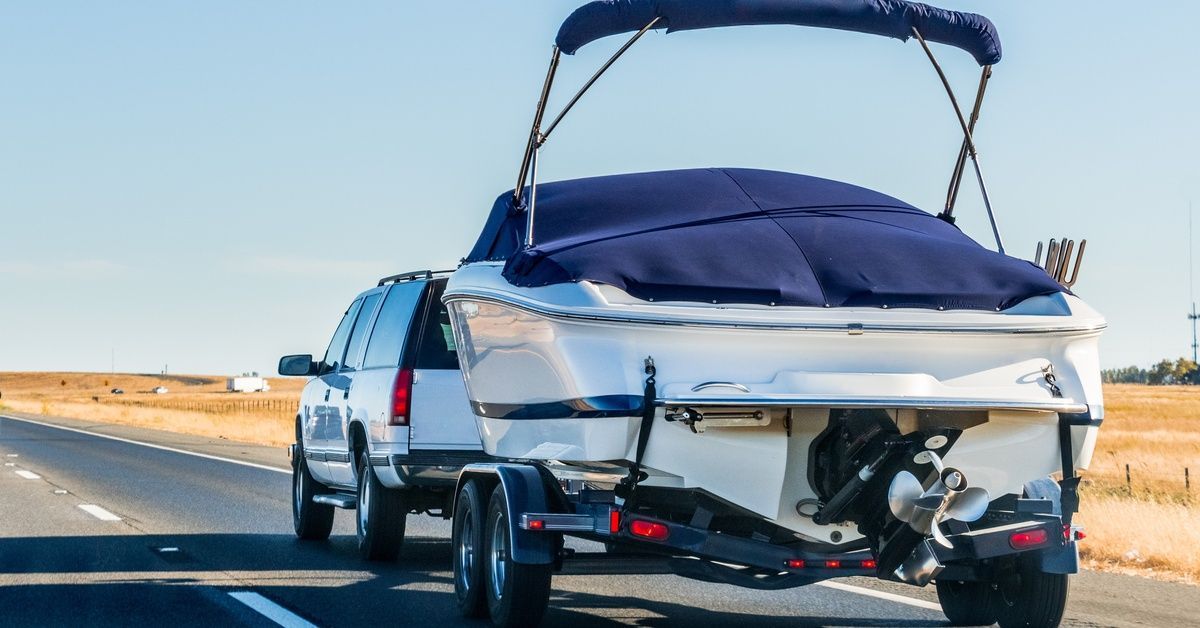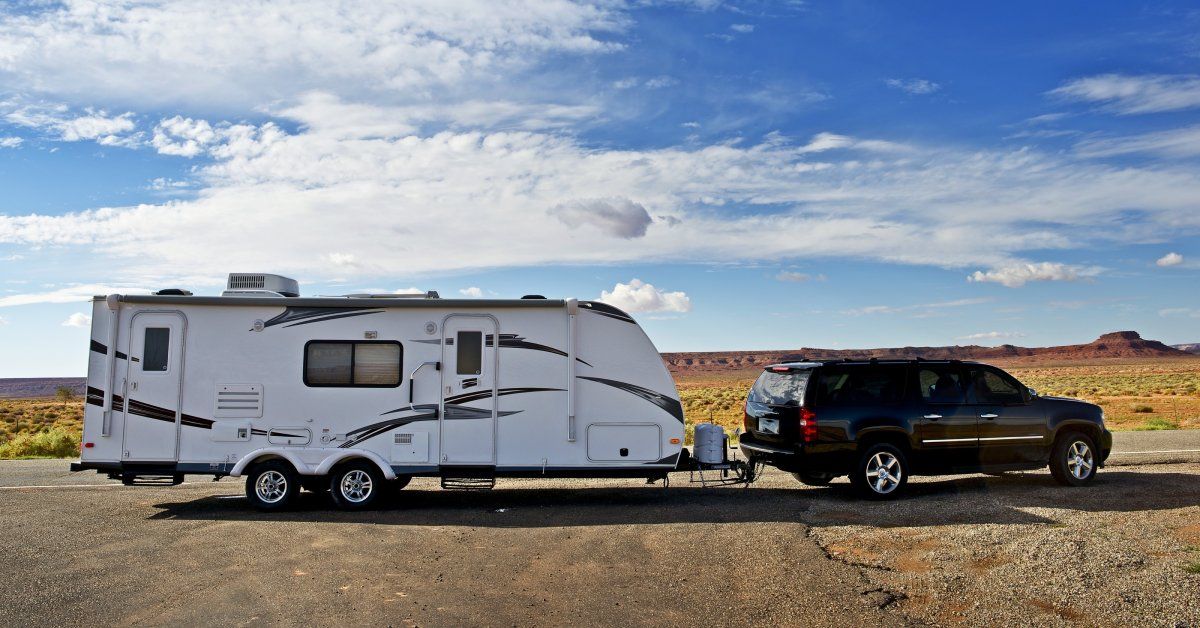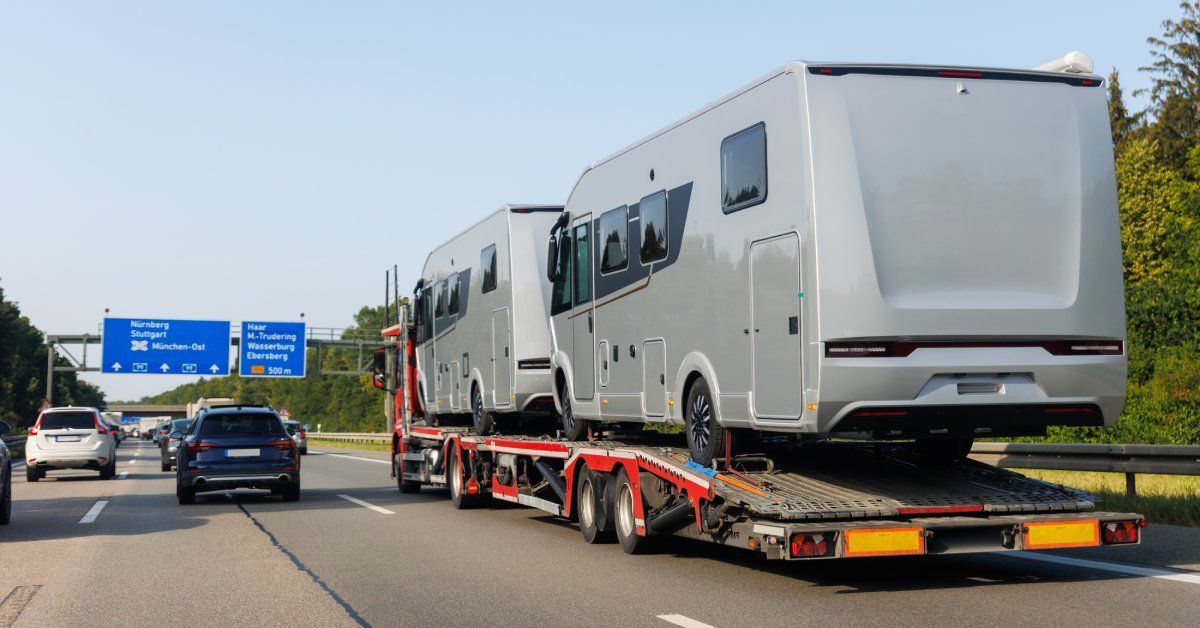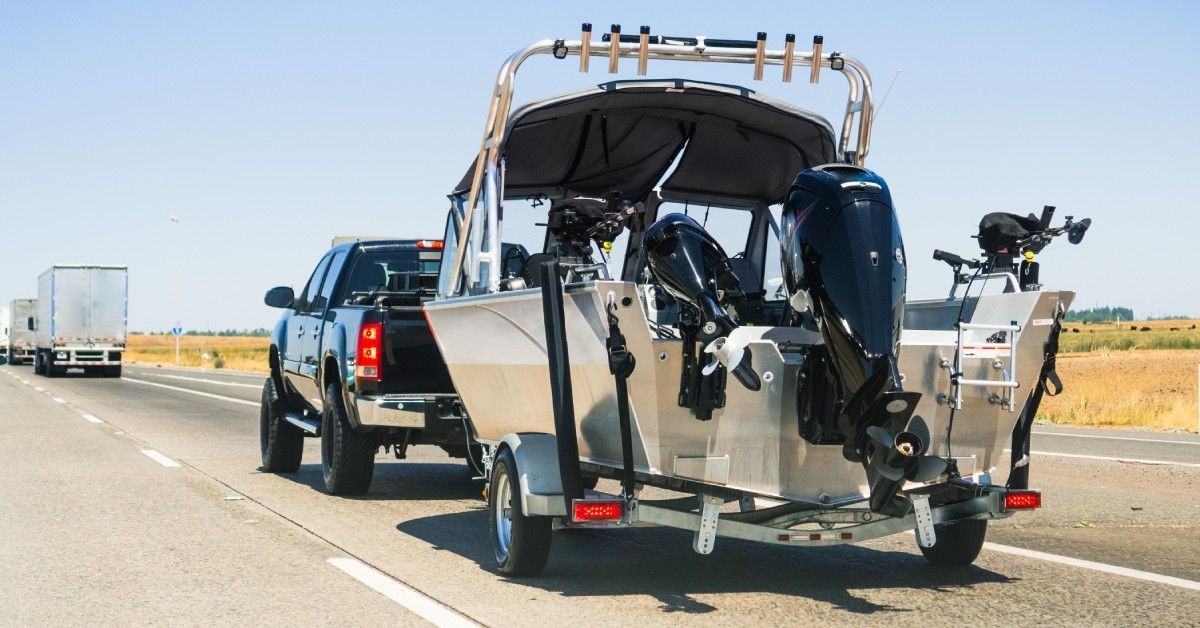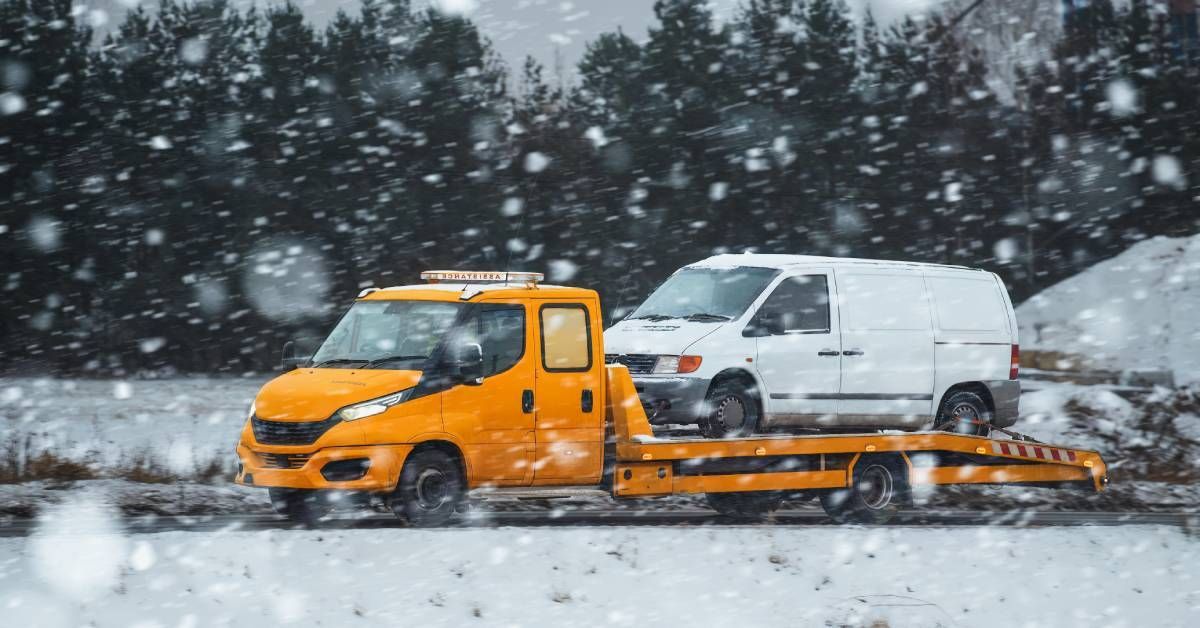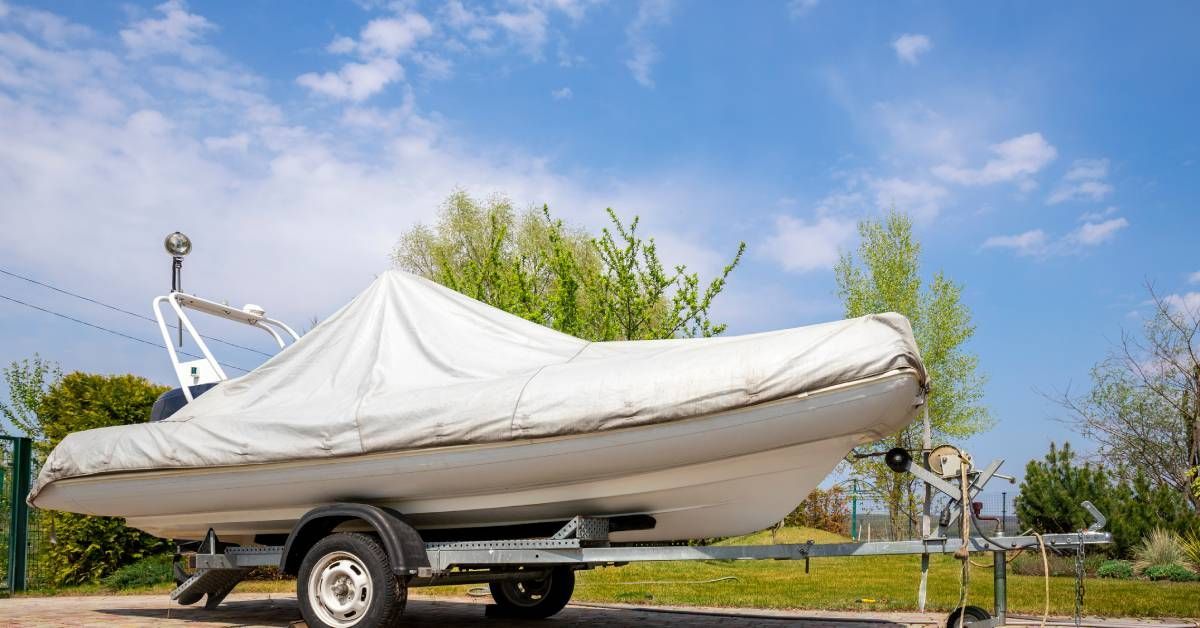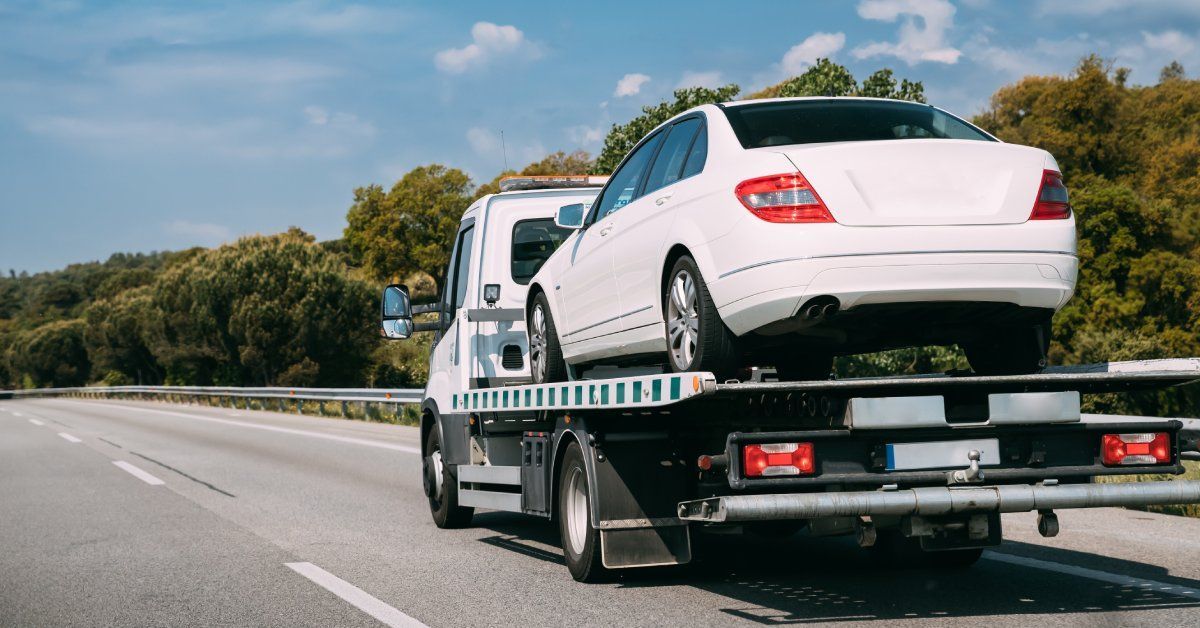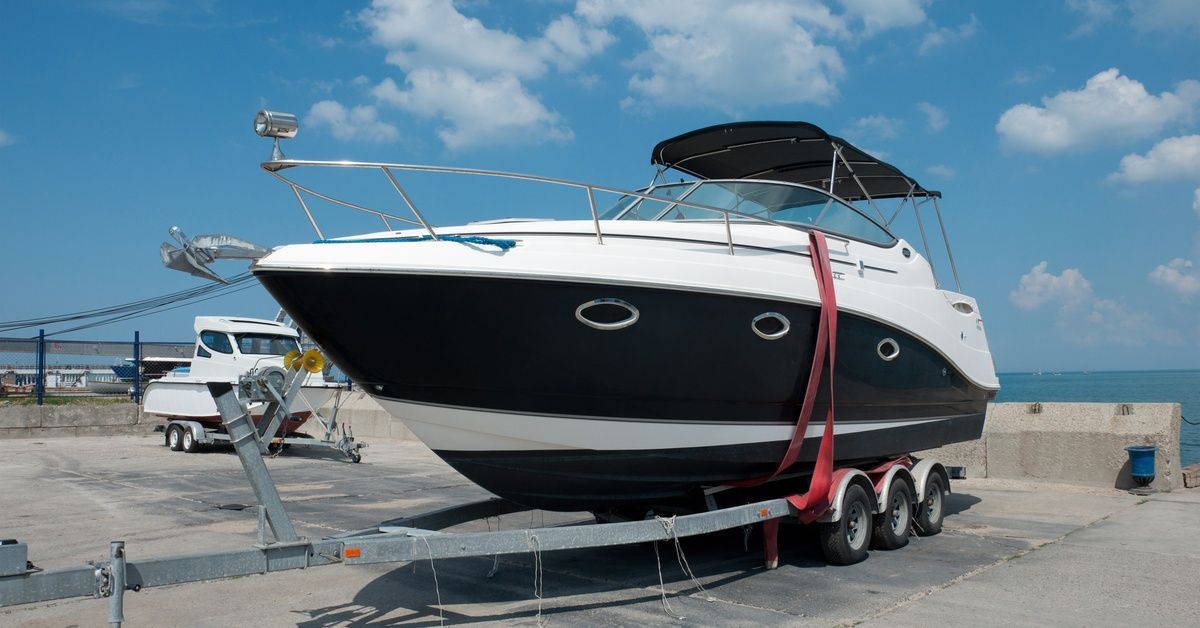Local RV Laws To Check on When Moving to a New State
Exploring unknown roads and discovering beautiful landscapes can easily overwhelm you with excitement when you move to a new state with your RV. However, before you hit the open road, there’s one crucial task you cannot afford to overlook: familiarizing yourself with local RV laws. Each state has unique rules and regulations that govern how you can operate and maintain your RV legally.
Ignoring these laws could lead to fines, restrictions, or difficulties during your travels, which can dampen the joy of owning an RV. This guide explores the local RV laws to check on when moving to a new state , helping you stay compliant and worry-free as you settle into your new home.
Title and Registration Requirements
When moving to a new state, one of the first and most important steps is to ensure your RV meets the state’s title and registration requirements. Each state has specific rules regarding vehicle registration, and RVs are no exception. You’ll generally need to transfer the title of your RV to your new state of residence and register it with the local Department of Motor Vehicles (DMV) or its equivalent.
This process isn’t as simple as just filling out a form. Many states require that you provide evidence of residency and undergo a vehicle inspection. For example, some states mandate emissions testing or safety inspections before you can register your RV. Additionally, registration fees vary based on factors such as your RV’s weight, model, and age. Failing to meet these requirements on time could result in penalties or extra fees, so it’s important to handle this promptly after moving.
Driver’s License Requirements
Driving an RV isn’t exactly the same as driving a typical car. Depending on the size and weight of your RV, you may need a special license to operate it legally in your new state. States differ widely on what constitutes a special license, with some requiring a commercial driver’s license (CDL) and others offering a non-commercial class license specifically tailored for RV operation.
For smaller RVs, your regular driver’s license might suffice. However, if you’re operating a motorhome or towing a fifth-wheel trailer with a weight exceeding a certain threshold, you might need to update your license. Not every DMV employee is an expert in RV regulations, so it’s helpful to clarify specifics when visiting or calling.
Acquiring the proper license often involves taking a written test, a skills test, or both. Keep in mind that driving an RV without the proper license exposes you to potential fines and may invalidate your insurance coverage in the event of an accident.
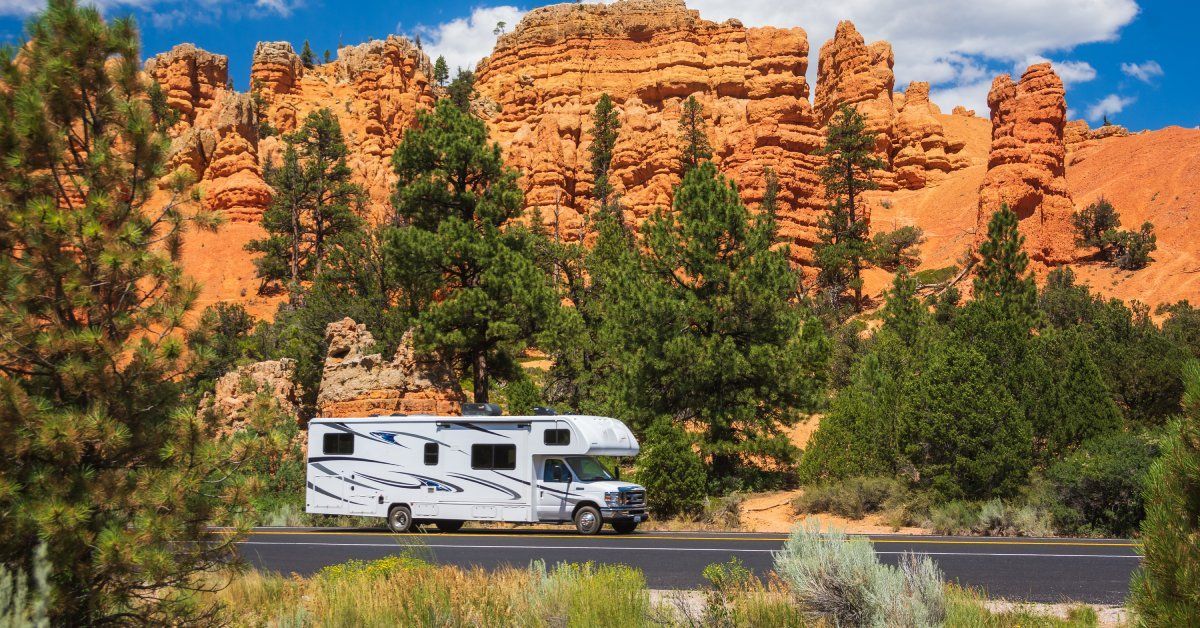
Insurance Requirements
Another vital aspect to address when moving to a new state with your RV is making sure that your insurance policy meets local requirements. While RV insurance is mandatory in most states, the specifics of coverage can differ significantly.
At the minimum, you’ll need liability insurance, which covers property damage and injuries you may cause while operating your RV. However, many states have higher minimum liability requirements for RVs compared to standard vehicles because they often cause more damage in accidents due to their size and weight.
Some states also require uninsured/underinsured motorist coverage, medical payments insurance, or both. Beyond these legal requirements, it’s wise to consider optional coverage options, such as collision, comprehensive, or personal belongings insurance, to give you greater peace of mind. Before transferring your policy or shopping for a new one, double-check your state’s specific RV insurance laws to avoid gaps in coverage.
RV Size and Weight Restrictions
RVs come in many shapes and sizes, and not every state accommodates every type of motorhome or trailer. Each state sets limits on the size and weight of vehicles allowed on its roads. These restrictions usually cover factors such as overall length, height, width, and axle weight. While many states conform to federal limits, which set the maximum vehicle height at 13.5 feet and width at 8.5 feet, others may have stricter rules.
Exceeding these size restrictions can result in fines and may limit where you’re legally allowed to drive. For instance, certain highways, tunnels, or bridges may prohibit oversize vehicles. If you have a larger rig, it’s essential to review all relevant size and weight regulations before moving states. You may need to make adjustments such as upgrading to specialized tires or using a towing hitch rated for higher capacities.
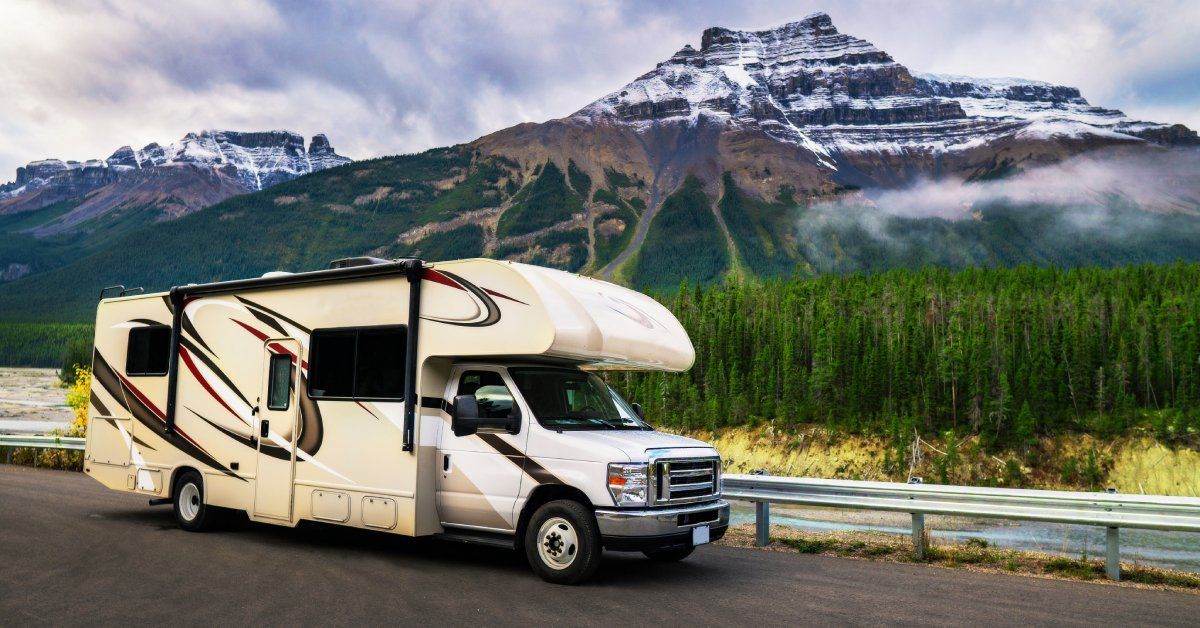
Where You Can Park Your RV
One of the most often overlooked aspects of RV ownership is knowing where you can and cannot park your vehicle. Parking regulations for RVs vary greatly between states and even municipalities. Some states are more RV-friendly, with plentiful campgrounds, rest stops, and street parking options, while others impose stricter limitations.
You may need to consider how long you’re allowed to park your RV in certain areas. Residential neighborhoods may have specific ordinances against parking an RV on the street or even in your driveway for extended periods.
Furthermore, parking overnight in retail lots may be a widespread practice in some states but restricted in others. Violating these parking regulations can lead to hefty fines, towing of your RV, or even disputes with neighbors.
Local RV parks and private campgrounds will also have rules about site sizes, utilities, and how long guests can stay. It’s always beneficial to research these options ahead of your move, especially if you plan to live in your RV while settling into your new area. Knowing where you can legally park your RV will save you from unnecessary hassles and ensure a positive experience.
Start Your Move With Confidence
Navigating local RV laws when moving to a new state might seem overwhelming at first, but a little preparation goes a long way. From securing proper registration and insurance to ensuring adherence to size regulations and parking rules, understanding and complying with these laws will save you time, money, and stress. With your legal bases covered, you can fully enjoy your RV lifestyle and focus on exploring new destinations and creating unforgettable memories.
Whether you’re moving for work, retirement, or simply a change of scenery, contact Coast to Coast Transportation for expert RV transportation services. Our trusted drivers will safely deliver your RV to your new location and keep you informed every step of the way. Get a quick quote today to enjoy hassle-free travel!

